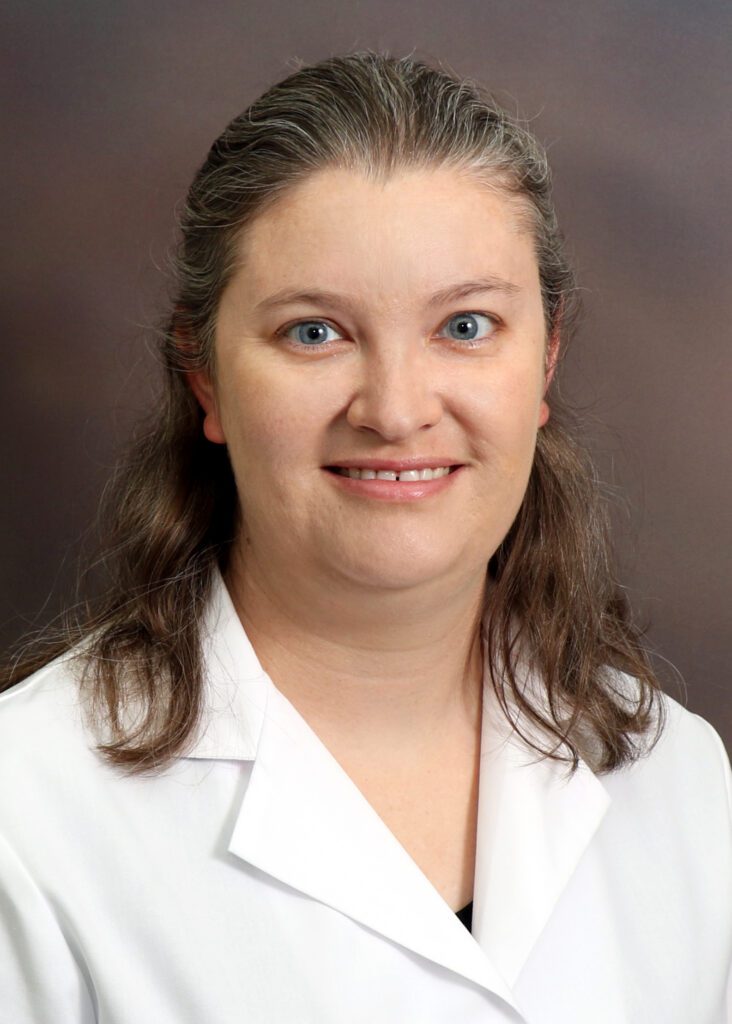The Secret to Healthy Aging Is Hidden in the Basics
Everybody wants the scoop on how to live a long and healthy life. In light-hearted tales, we often hear seniors swear that it was their love of chocolate or daily glass of wine that was the key. We wanted advice that was a bit more fact-based, and Dr. Kristina Hair, a family physician with Watson Clinic, was happy to share her own advice on healthy aging in a Q&A with Central Florida Health News.

Q. What does healthy aging mean to you?
A. Healthy aging is being able to do what you want to do as you get older.
Q. What are the most common misconceptions about aging that you encounter in your practice?
A. Many people think as they get older they can no longer do the activities they used to enjoy, whether that be running, biking, walking, or getting together with friends.
Q. What role does sleep play in healthy aging, and what tips do you have for seniors to improve their sleep quality?
A. Getting a healthy amount of sleep at night is important as you age. I frequently see patients who only sleep four to five hours at night and then take naps during the day. Keeping a consistent sleep cycle is essential.
Q. How can seniors effectively manage chronic conditions to minimize their impact on their quality of life as they age?
A. Maintaining a healthy lifestyle will help control chronic conditions. Eating healthy and regular exercise help lower blood pressure and improve blood sugars. Weight loss will also help with blood pressure and blood sugars. Another essential factor is taking medications correctly.
Q. What advice do you have for seniors looking to maintain or improve their cognitive function? A. Try to simulate brain function by doing puzzles or playing brain teasers. If that is not a suitable option, look into doing different exercises and outdoor activities at community centers.
Q. With technology becoming more prevalent in healthcare, are there any tools or resources you recommend to seniors for managing their health?
A. Smartwatches can help keep track of health factors such as heart rate, oxygen level, and calories being burned. There are also apps that can be downloaded to help remind patients when they should take their medications as well as help keep track of calories and exercise.
Q. What are some practices that seniors can adopt to boost their immune system?
A. Taking a daily multivitamin with B complex and zinc will help boost your immune system.
Q. What screenings and vaccinations do you recommend for seniors to help them prevent illnesses?
A. Getting a mammogram, colonoscopy, DEXA scan and the recommended vaccinations will help prevent illness and help with early detection of cancer.
Q. Can you share an inspiring story or example from your practice of a senior who has made significant lifestyle changes and seen positive results in their health and wellbeing?
A. I have had a patient who was diabetic with elevated blood pressure who was able, with improving his diet and losing a significant amount of weight, to come off of a majority of his medications.
